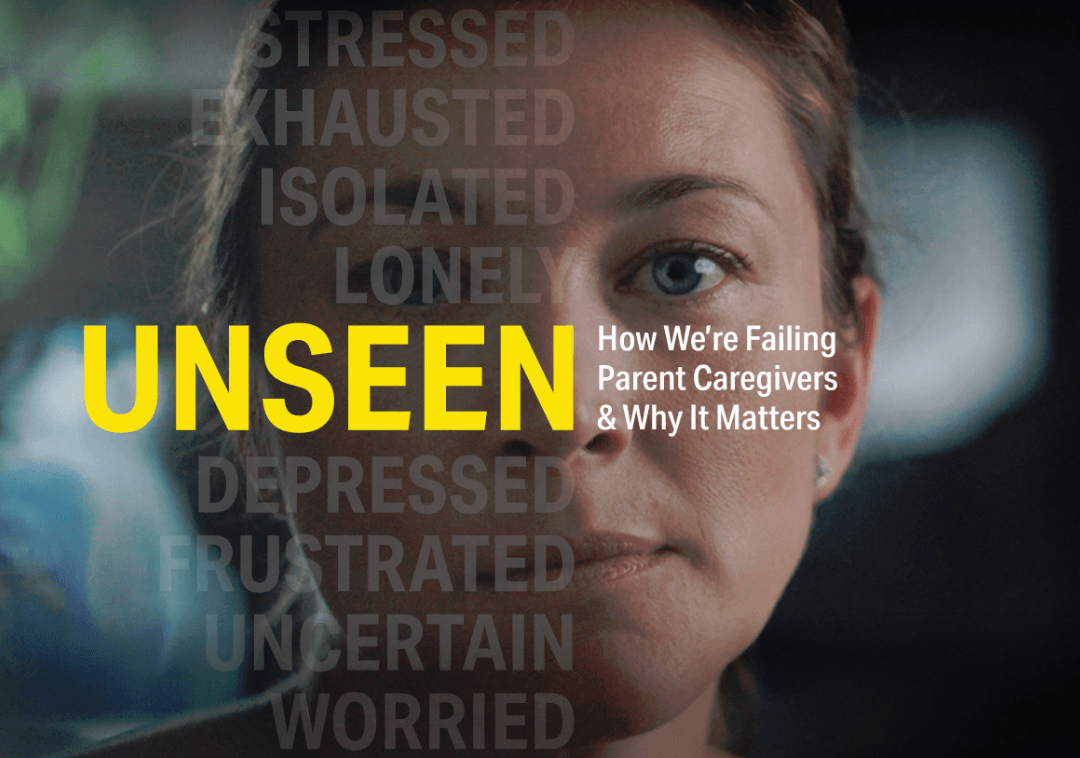
We are grateful to the collaborating organizations who supported the free screenings and panel discussions in September 2022.
This page will remain active so attendees can connect with the collaborating organizations.
See below.
For information, and links, shared during the sessions, please visit our Caregiver Resources page HERE.
Videos featuring family caregivers.
You can find the videos on the Clallam Mosaic youtube page: https://www.youtube.com/results?search_query=Clallam+Mosaic
Recordings of the three panel discussions:
Recording of the panel discussion
from September 15, 2022
Recording of the panel discussion
from September 16, 2022
Recording of the panel discussion
from September 17, 2022
About the Documentary
The film follows Jess and Ryan Ronne, a blended family with 8 children, including Lucas, who has profound disabilities requiring total care. Their situation has gotten more and more challenging as Lucas gets older and stronger. With limited resources and support, caregiving takes a toll on their physical and mental health.
It’s a common story among parent caregivers: the isolation, uncertainty about the future, lack of options, and a never-ending daily to-do list means the role of caregiver overpowers nearly every other facet of life. Video diaries from diverse caregivers featured in the film illustrate this universality, while interviews with mental health experts and policy/legal advocates provide a broader view on the societal impacts.
Through the power of unfiltered, compelling human stories, Unseen cultivates compassion and tangible support for the caregivers in our communities.
A statement from the Collaboration Team:
This film and the panel discussions will bring a variety of emotions to the surface. You may feel sad. You may feel angry. You may feel uncomfortable. Please use these strong emotions as an opportunity to listen and understand, so we can advocate together for change.
Caregivers are UNSEEN, and they are languishing. That is why we are showing this powerful film. Our wish is that everyone attending these screenings – parents and caregivers, professionals, elected officials, self-advocates who experienced disabilities, and community members – will join us in truly hearing and believing these stories.
Believe the parents and family members in this film and on our discussion panels when they share their difficult realities. These are true stories of policy failures, gaps in our systems, and services that do not exist. We as caregivers want you to know: “Our beloved children are not the burden. Failing systems and the lack of help for families are the burden.” These systems are failing individuals with disabilities or complex medical needs, their families, and also the caring professionals who seek to serve them and often experience the moral distress of not having enough help to offer.
Watch with us, and if you do feel angry, sad, or uncomfortable – please take those emotions forward, and use them to partner with us to drive real change. We need you. Please join this call-to-action. This film shares the raw truth about the challenges faced by many family caregivers. This is not a film about the lived experiences of individuals with intellectual or developmental disabilities, whose truths we also honor.
Learn More:
Exploring the Disability Parent Community in WA: Reliance on Community in Navigating the Healthcare System for a Child with a Developmental Disability
Hailey Starr, University of Washington
This research explores the disability parent community in Washington State, and how parents rely on one another in community in order to learn how to navigate the healthcare system for their children with developmental disabilities.
This research intends to bridge a gap between the healthcare system and the disability parent community so that they may work in greater unison and collaboration in serving newly diagnosed families as they learn to navigate our endlessly complex and oftentimes harmful Washington State systems.
Learn More:
3 Articles from the Journal of Policy and Practice in Intellectual Disabilities
Factors Affecting the Health of Caregivers of Children Who Have an Intellectual Developmental Disability
This is a review of published information regarding the mental and physical health of caregivers of children with intellectual, developmental disability.
Twenty-three different factors were
identified that may have an effect on the health of these caregivers. Social determinants, individual caregiver variables, characteristics of the child with the disability, family characteristics, and support factors can all affect caregiver health.

Caregiving Roles of Siblings of Adults With Intellectual and Developmental Disabilities:
A Systemic Review
As individuals with intellectual and developmental disabilities (I/DD) grow older, many siblings anticipate becoming caregivers for their brothers and sisters with I/DD. However, there is little research about the caregiving roles of siblings.
Although adult sibling caregivers reported caregiving benefits and challenges, this review has proven it is necessary to conduct additional research to understand sibling caregiving and the implications for future research, policy, and practice.

Future Planning Among Families of Individuals With Intellectual and Developmental Disabilities:
A Systemic Review
Considering individuals with intellectual and developmental disabilities (IDD) are having longer lives and outliving their parents,
future planning has emerged as one of the most important topics in the IDD field.
Without future planning, individuals
with IDD and their families may be at greater risk to have negative experiences such as inappropriate living conditions for individuals
with IDD (e.g., institutions) and greater anxiety for families.
In September 2022 free screenings and panel discussions
were hosted by the following organizations:





















